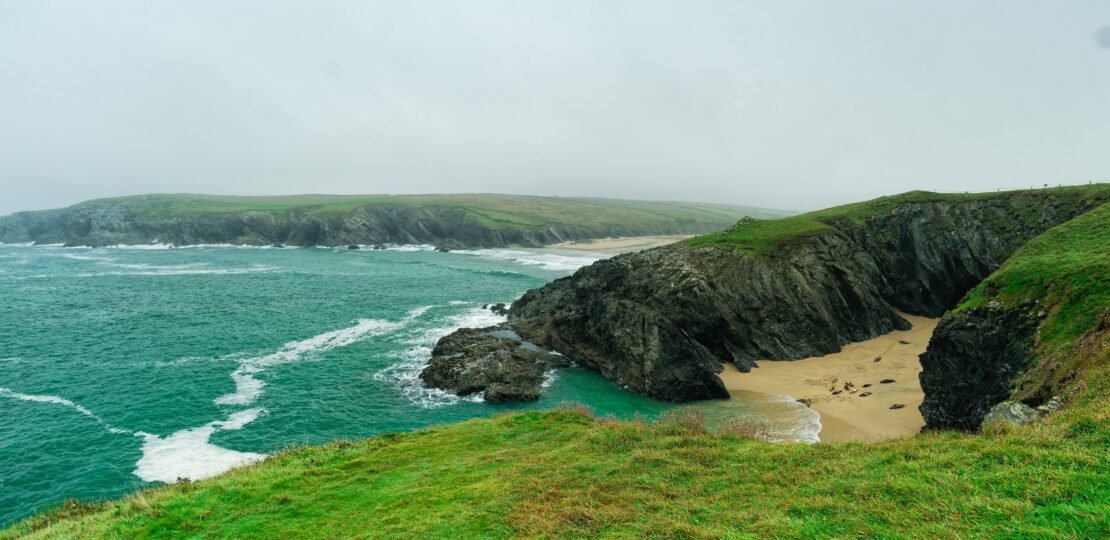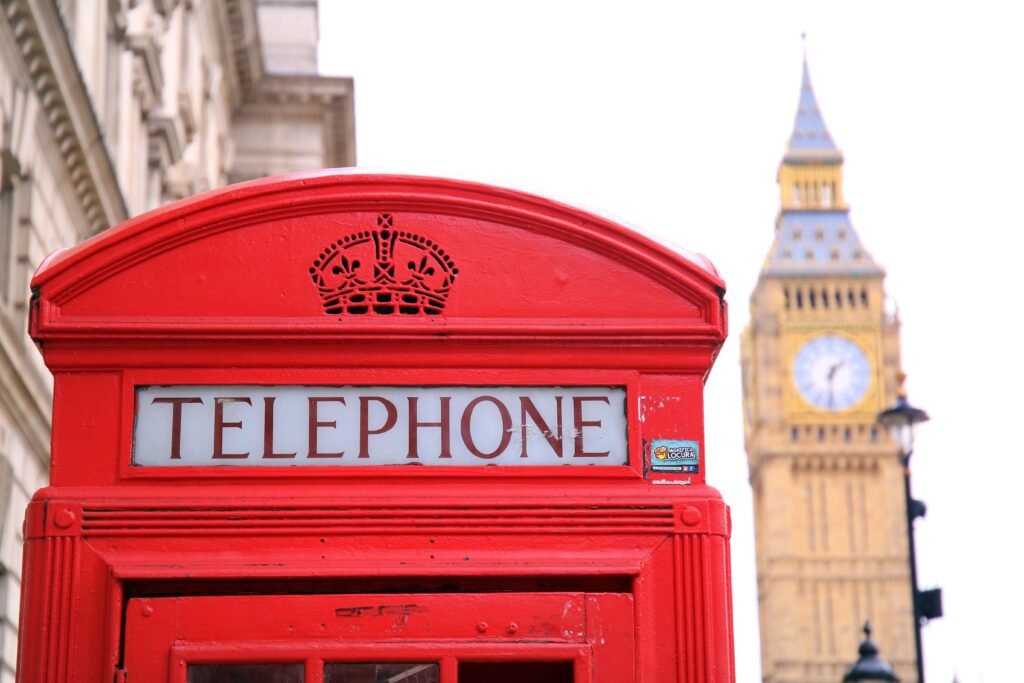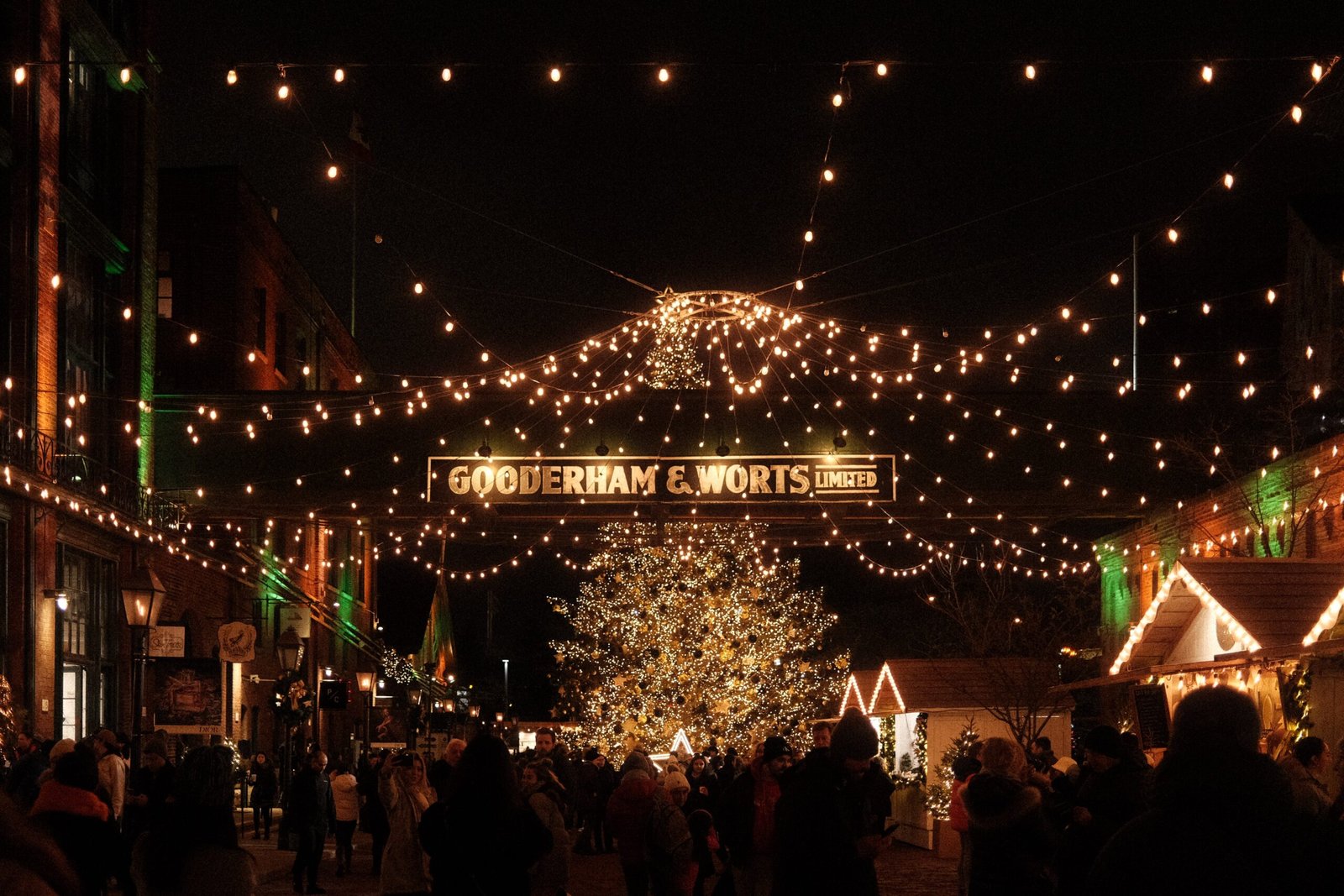The Isle of Wight Festival: A Journey Through its Rich History
November 1, 2023 | by Dameon Smith

The Isle of Wight Festival, an iconic music extravaganza that has graced the United Kingdom’s live music scene for decades, is a testament to the enduring power of music, culture, and community. In this article, we’ll embark on a journey through the festival’s storied history, tracing its origins, highlighting its most memorable moments, and exploring its vibrant present-day incarnation.
Origins of the Isle of Wight Festival
The Isle of Wight Festival was conceived in the late 1960s during a time of immense cultural and musical upheaval. Its birth, in many ways, mirrored the spirit of the era. The festival’s inaugural edition took place in 1968, making it one of the UK’s earliest major music festivals. It was a time when music festivals were becoming synonymous with counterculture and free expression.
The driving force behind the first festival was Ron Foulk, a local businessman who was inspired by the success of the Monterey Pop Festival in the United States. He, along with several other key figures, decided to bring the spirit of the ’60s to the Isle of Wight.
The Pioneering Years
The 1968 festival, held at Ford Farm near Godshill, featured notable acts like Jefferson Airplane, T. Rex, and The Move. With a relatively modest attendance of around 10,000, it was still considered a success and set the stage for something bigger.
In 1969, the Isle of Wight Festival returned in grand style, with a lineup that included Bob Dylan, The Who, and The Moody Blues. This edition drew an estimated 150,000 attendees, turning the island into a temporary epicenter of the counterculture movement.
The festival’s pioneering spirit didn’t stop there. In 1970, the event made history with an attendance of over 600,000, becoming one of the largest music festivals ever held. The headlining act, Jimi Hendrix, delivered an unforgettable performance in what would become one of his last live appearances.
A Hiatus and Revival
After the massive success of 1970, the Isle of Wight Festival took a prolonged hiatus. The island’s residents, influenced by a combination of logistical issues, noise complaints, and other concerns, resisted hosting the event. It wasn’t until 2002 that the festival made a triumphant return, reigniting the island’s love affair with live music.
The Modern Isle of Wight Festival
The contemporary Isle of Wight Festival has established itself as a fixture in the UK’s music calendar. Held annually in June, it features a diverse lineup that caters to a wide range of musical tastes. From rock and pop to indie and electronic dance music, the festival offers something for everyone.
One of the festival’s defining features is its commitment to promoting emerging talent. It provides a platform for up-and-coming artists to share the stage with established acts. This commitment to nurturing new talent has helped the festival maintain its fresh and innovative spirit.
Memorable Moments and Iconic Performances

Over the years, the Isle of Wight Festival has witnessed numerous legendary performances and iconic moments:
1. Jimi Hendrix’s Farewell: Jimi Hendrix’s electrifying performance in 1970, just weeks before his tragic passing, is etched in music history as one of his most remarkable shows.
2. Bob Dylan’s Comeback: Bob Dylan’s 1969 performance marked his return to the live stage after a lengthy hiatus. It was a pivotal moment in his career.
3. The Rolling Stones’ Debut: The Rolling Stones made their festival debut in 1969, cementing their status as rock legends.
4. David Bowie’s Ziggy Stardust: David Bowie’s 1970 appearance as Ziggy Stardust is considered a pivotal moment in his career and the glam rock movement.
5. Queen’s Triumph: Queen’s 1976 performance is often cited as one of their greatest live shows, helping solidify their status as one of the world’s premier rock bands.
6. The 21st Century Revival: The 2002 resurrection of the festival, featuring headliners like The Charlatans, Stereophonics, and Ash, marked a triumphant return to the live music scene.
Sustainability and Community
In the 21st century, the Isle of Wight Festival has not only evolved musically but has also embraced the values of sustainability and community. The festival has made significant efforts to reduce its environmental footprint, with initiatives like recycling programs, sustainable food options, and renewable energy sources. It also supports local charities and organizations, fostering a sense of community on the island.
The Future of the Isle of Wight Festival
As the Isle of Wight Festival continues to evolve, it remains a testament to the enduring power of music and the cultural significance of live events. It’s not just a celebration of music but a celebration of life, community, and the shared experience of festival-goers.
The festival’s organizers have committed to keeping the spirit of the ’60s alive while adapting to the changing times. With its rich history as a source of inspiration, the Isle of Wight Festival is set to continue delighting music lovers for generations to come.
Conclusion: A Living Legend
The Isle of Wight Festival stands as a living legend in the realm of music festivals. From its humble beginnings in the late 1960s to its modern-day incarnation as a diverse and sustainable cultural celebration, it has weathered the test of time. The festival embodies the enduring appeal of live music and the power of community, providing a platform for both legendary acts and emerging talent.
As the Isle of Wight Festival continues to make history and create unforgettable moments, it remains an iconic symbol of the UK’s music culture, an ever-evolving testament to the enduring magic of live music, and a cherished event that captures the hearts of those who attend year after year.
RELATED POSTS
View all


